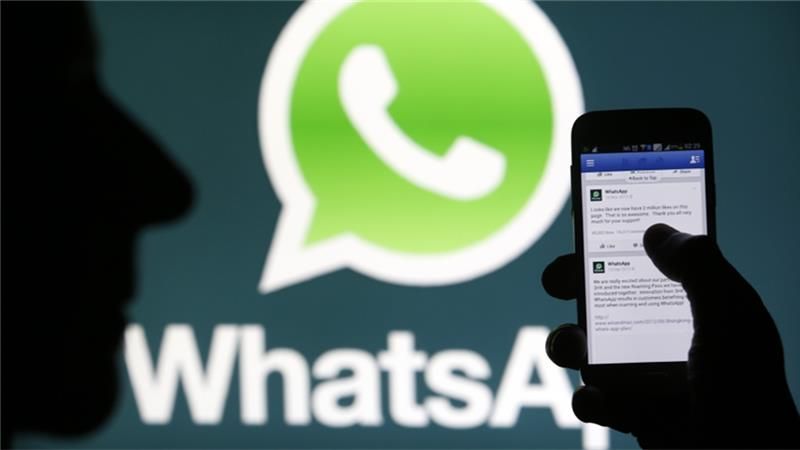Ethiopia Blocks Popular Social Media Sites in Response to Embarrassing Exam Leak
It’s the first time Ethiopian government officials have made sites inaccessible as part of a nationwide measure.
In an attempt to save face after pictures of an end-of-year university exam were leaked on social media, Ethiopian officials have blocked Facebook, Twitter, Instagram and Viber.
The popular sites and apps have been disabled since Saturday morning as an estimated 254,000 students, according to the Ministry of Education, prepared to take their exams, which were postponed until Monday after an advocate group for Oromo people’s rights claimed responsibility for circulating the images in May, reports AlJazeera.
"It's blocked. It's a temporary measure until Wednesday. Social media have proven to be a distraction for students," Getachew Reda, a government spokesperson, tells AFP news agency.
Possibly taking a hint from China, notorious for internet censorship, Ethiopia is one of the first African countries that have blocked access to the worldwide web. In 2012, the Ethiopian barred Skype, claiming VoIP (voice internet protocol) calls were being used to commit fraud, according to BBC News.
However, this is the first time Ethiopia has barred access as part of a nationwide measure.
The decision has sparked outrage with Horn Affairs founder Daniel Berhane criticizing the government’s censorship for establishing a “dangerous precedent,” according to AlJazeera.
"There's no transparency on who decides why it's necessary or who decides for how long," Berhane says. “This time it's for a few days, but next time it could be for months. They're flexing their muscles. They got multiple tools and they're testing them."
This is nothing but an unconstitutional State of Emergency. The Ethiopian government have no legal basis or... https://t.co/ISMZTd9v8U
— Daniel Berhane (@daniel_berhane) July 10, 2016
Traveling back to Addis Ababa.
I am considering a legal action about the facebook blackout. — traveling to Addis Ababa, Ethiopia
— Daniel Berhane (@daniel_berhane) July 11, 2016
All of this comes as the UN Human Rights Council passed a resolution last week deeming internet censorship a human rights violation.
